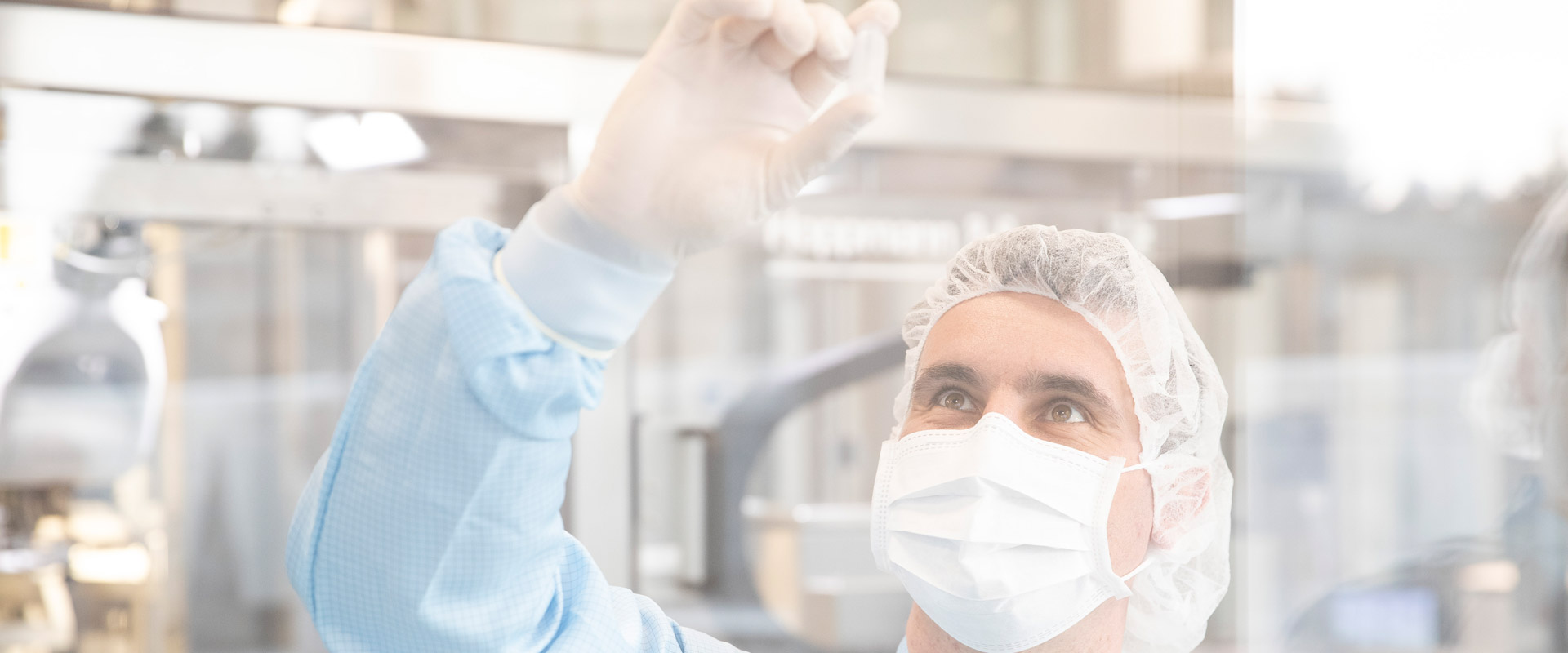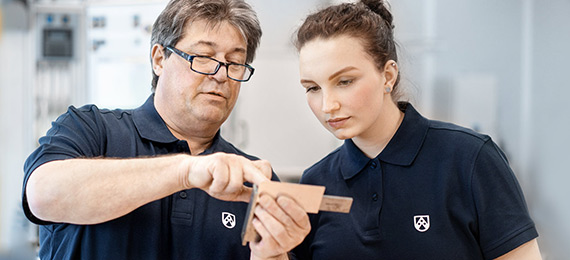The prizes of the “Wissenschaftliche Arbeitskreis Kunststofftechnik“ (WAK) were awarded at this year's K trade fair in Düsseldorf. The Röchling Award, which was presented by Dr. Axel Höfter, General Manager Corporate R&D at Röchling Industrial, honored works that deal with resource-saving plastics and sustainable processing methods.
In Düsseldorf graduate engineer Markus Gall from the Faculty of Engineering and Natural Sciences at Johannes Kepler University in Linz/Austria was awarded the Röchling Prize and 5,000 euros for his dissertation "Mechanical Recycling of Polyoefins in the Context of Sustainable Development". According to the dissertation report by Prof. Dr. Reinhold Lang, Gall's work showed on the one hand the "thematic links between the UN Agenda 2030 as a blueprint for sustainable development on the one hand and the mechanical recycling of plastics as a technological practice on the other hand, including the derivation of two proposals for meta-level policy strategies". Gall elaborated on an improved understanding "of material-specific quality aspects and structure-property relationships of mechanically recycled high-density polyethylene (PE-HD) and polypropylene (PP) from different 'real-world' post-consumer waste streams."
The dissertation is a "first attempt at a systematic, comprehensive sustainability assessment of plastics recycling, which is not exclusively based on LCA (life cycle analysis), but on the basis of an internationally recognized reference framework, the 2030 Agenda" and the social, economic, and institutional aspects contained therein. In addition, it is one of the first papers in engineering materials science "to focus very specifically on commercial recyclates."
Ann-Christin Rusko from the Institute of Plastics Technology (IKT) at the University of Stuttgart/Germany was awarded the Röchling Prize and 3,500 euros for her master's thesis "Investigation of the thermo-oxidative behavior of polyethylene furanoate (PEF)." In her work, she investigated the thermo-oxidative behavior of furan-based polymers, "a hitherto relatively unexplored group of bio-based polymers that are considered to have high potential for long-term establishment in plastics technology," as Prof. Dr. Christian Bonten of the IKT wrote it in his letter of recommendation. With her work, she had also made an important contribution "to the substitution of fossil-based PET as one of the most demanded plastics for the packaging sector by a promising completely biobased alternative".












